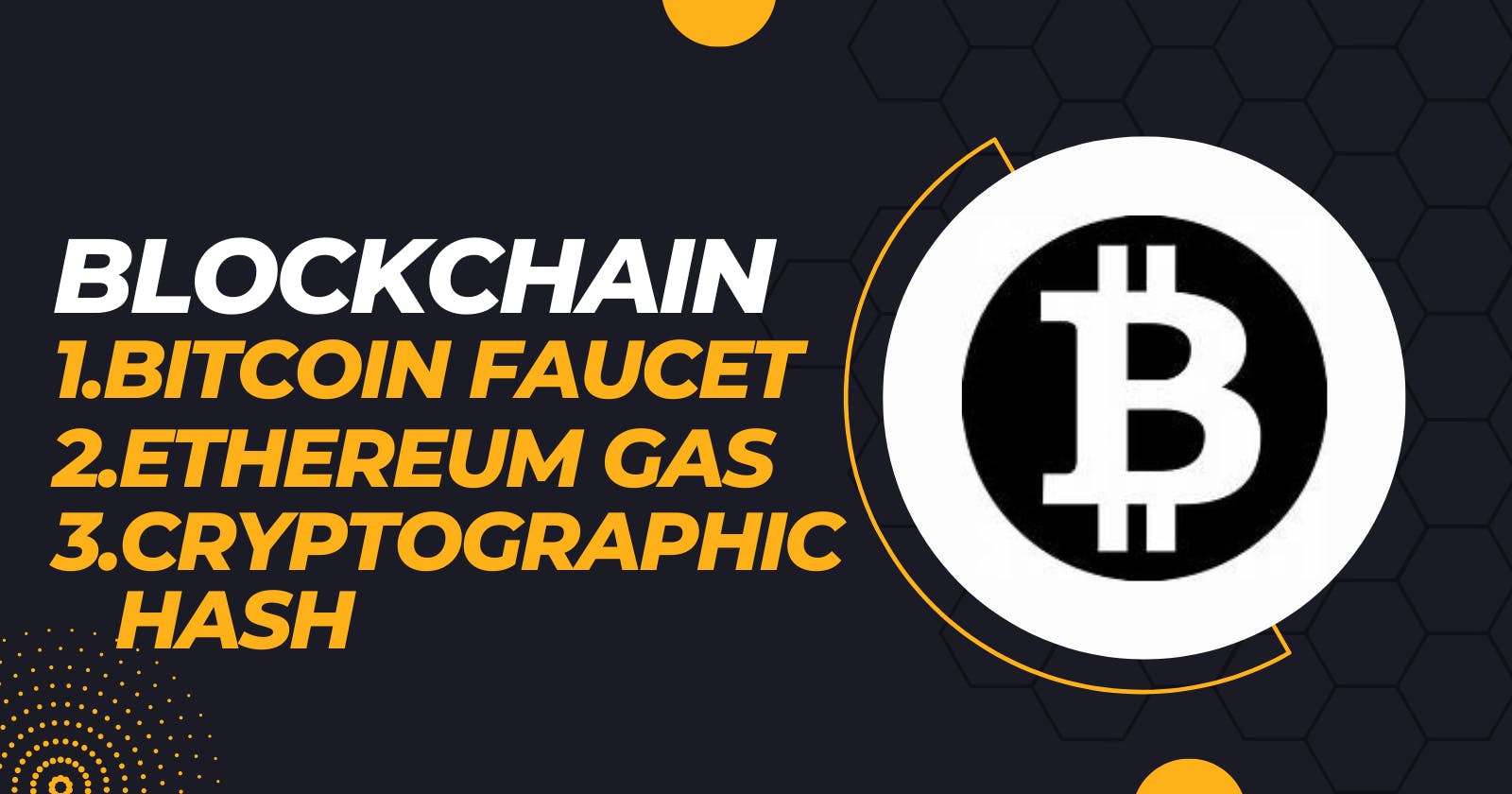Bitcoin Faucet
A Bitcoin faucet is a website or application that rewards users with small amounts of Bitcoin (or other cryptocurrencies) for completing simple tasks or solving captchas. The purpose of a Bitcoin faucet is to introduce new users to Bitcoin.
It's important to note that Bitcoin faucets typically provide very small amounts of cryptocurrency, often in the form of satoshis.
History Of Bitcoin Faucets
The concept of Bitcoin faucets was introduced in 2010 by Gavin Andresen, a prominent developer in the early Bitcoin community. Andresen created the first Bitcoin faucet called "The Bitcoin Faucet," which rewarded users with 5 Bitcoins per claim. At the time, Bitcoin had very little value, so giving away a significant number of Bitcoins was feasible.
Bitcoin faucets gained popularity as they provided a way for people to obtain Bitcoin without purchasing it. However, as Bitcoin's value began to increase significantly in late 2013 and 2014, the rewards provided by faucets became less meaningful.
It's worth noting that while Bitcoin faucets can provide small amounts of cryptocurrency, they are not a sustainable source of income.
Examples Of Bitcoin Faucets
Moon Bitcoin
Moon Bitcoin is a faucet that allows users to claim Bitcoin at regular intervals. The claim amount increases over time, and users can choose to claim whenever they want. The accumulated rewards can be withdrawn to a Bitcoin wallet
Bit Fun
Bit Fun is a gaming-focused Bitcoin faucet that allows users to claim Bitcoin by playing various online games.
Ethereum Gas
Ethereum gas refers to the unit of measure for the computational effort required to execute transactions and smart contracts on the Ethereum blockchain. In Ethereum, every operation, including transactions and smart contract executions, consumes a certain amount of gas.
How much it truly costs?
We can calculate it by Gas Cost × Gas Price.
The Gas Cost never changes but the Gas price does change.
Gas prices are denoted in terms of "gwei" which is a fraction of one Ether. For example, if the gas price is 20 gwei, it means that executing a transaction or smart contract operation will cost 0.000000020 an Ether.
Why do we need Gas?
Gas is used to allocate resources such as computing power and storage on these nodes. By using gas, Ethereum ensures that each operation consumes a fair amount of resources.
Gas acts as a deterrent against spam and malicious activities. Since executing transactions and smart contracts on Ethereum consumes gas, it discourages users from flooding the network with unnecessary or low-value operations by requiring users to pay for gas.
Gas allows users to prioritize their transactions based on their urgency. By setting a higher gas price, users can increase the chances of their transaction being included in the next block.
Cryptographic Hash
A cryptographic hash function is a mathematical algorithm that takes an input and produces a fixed-size string of characters, which is typically a sequence of digits and letters. The output is commonly referred to as the hash value or hash code.
For a given input, the hash function always produces the same output.
The hash function produces a hash value of a fixed length, regardless of the size of the input.
It should be highly improbable to find two different inputs that produce the same hash value.
It should be computationally infeasible to determine the original input based on the hash value.
SHA-256
SHA-256 also known as Secure Hash Algorithm 256-bit is one of the most widely used cryptographic hash functions. It belongs to the SHA-2 family of hash functions.
SHA-256 operates on 512-bit blocks of data and produces a fixed-size hash value of 256 bits (32 bytes).
What does it have to do with crypto?
Cryptographic hash functions are used to ensure the integrity of data. By calculating the hash value of a message or data, one can verify if the data has been tampered with or modified.
Hash functions are used to create digital signatures for transaction verification in cryptocurrencies like Bitcoin or Ethereum.
